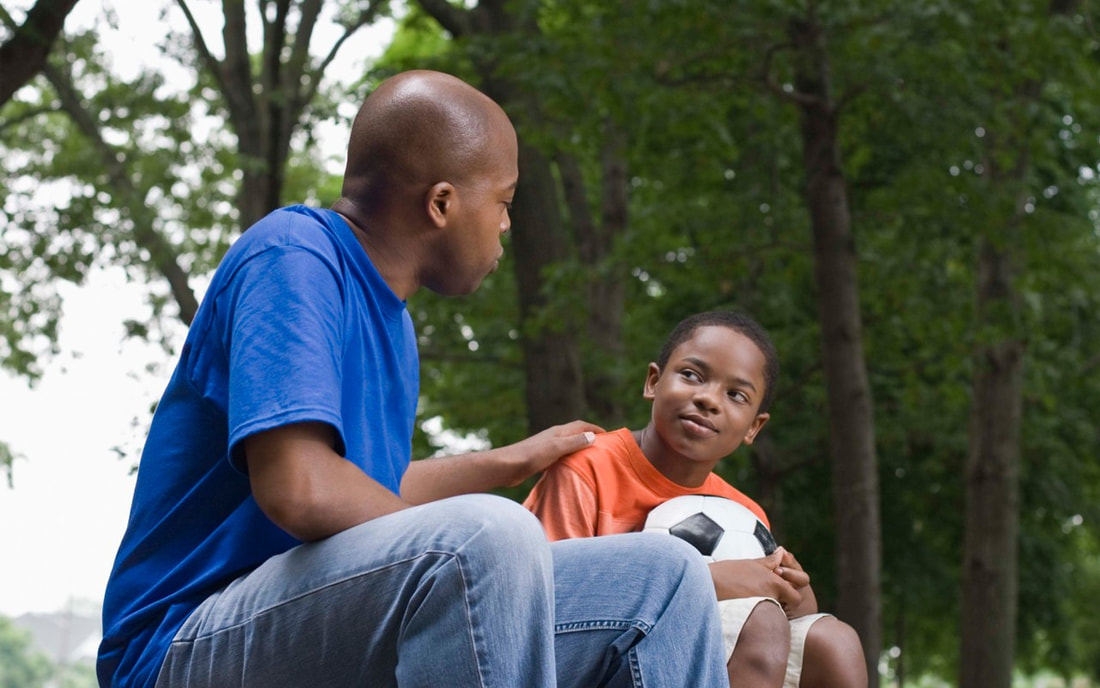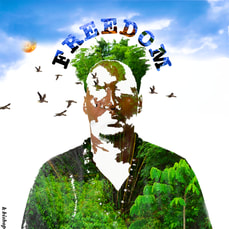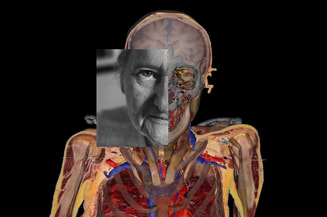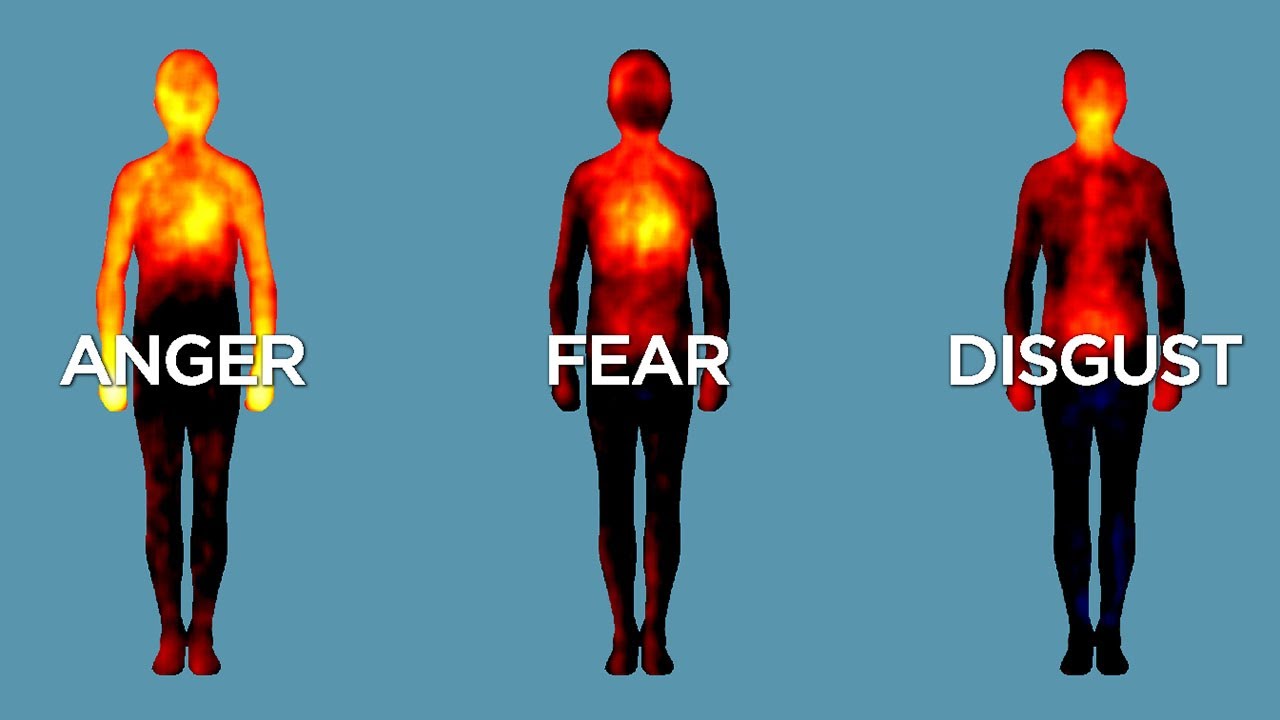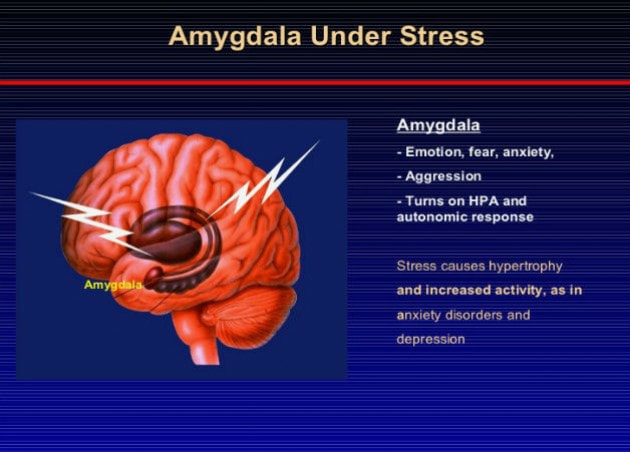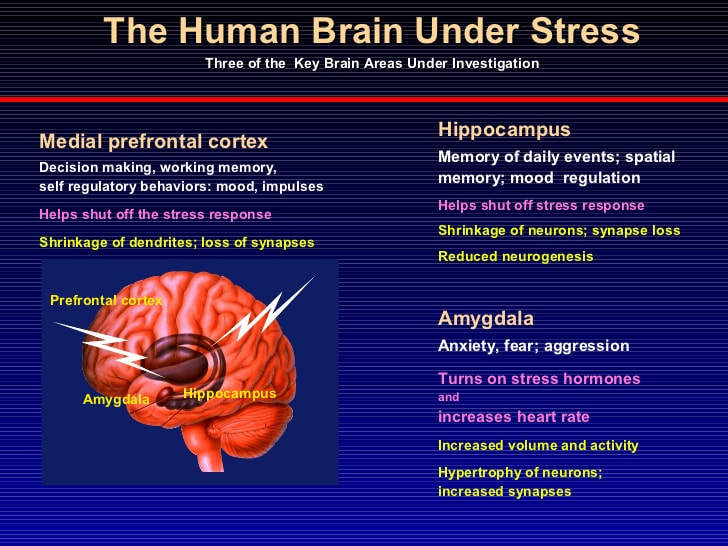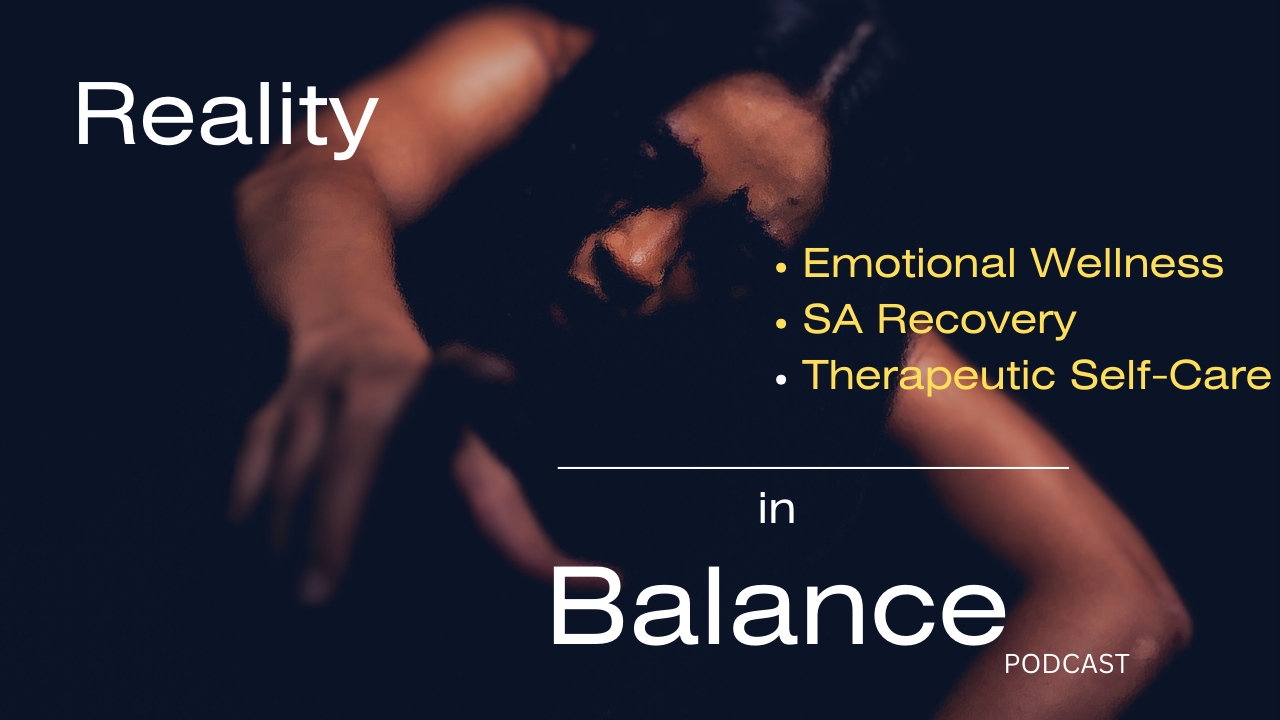❖ PROTECT CHILDREN | from Sexual Abuse
73% of child victims do not tell anyone about the abuse for at least one year. 45% do not tell anyone for at least five years. Some may never disclose- children of every gender, race, ethnicity, background, social-economic status, and family structure are at risk. No child is immune.
❖ TIPS to PROTECT CHILDREN | from Sexual Abuse
➠ Teach your child how to talk about their bodies. From an early age, teach your child the names of their body parts. Teaching a child these words gives them the ability to come to you when something is wrong. Learn more about ➠talking to children about sexual assault.
➠ Be available. Set time aside to spend with your child where they have your undivided attention. Let your child know that they can come to you if they have questions or if someone is talking to them in a way that makes them feel uncomfortable. If they do come to you with questions or concerns, follow through on your word and take the time necessary to talk.
➠ Let them know they won’t get in trouble. Many perpetrators use secret-keeping or threats as a way of keeping children quiet about the abuse. Encourage children frequently that they will not get in trouble for talking to you, no matter what they need to say. When they do come to you, follow through on this promise and avoid punishing them for speaking up.
➠ Give them the chance to raise new topics. Sometimes asking direct questions like, “Did you have fun?” and “Was it a good time?” won’t give you the answers you need. Give your child a chance to bring up their concerns or ideas by asking open-ended questions like “Is there anything else you wanted to talk about?”
Too often, adults, we retreat from dysfunctional relationships or deny the true depths of the problem to smooth suppressed wounds. Yet, we must take responsibility now as adults to understand the lessons of our relationships with ourselves first.
Emotional or energetic harm or violation from a person you trust, love, and respect can create deep resentment, anger, or rage that require committed healing work. We are responsible for protecting all children from sexual abuse before it begins. 1 and 4 women and 1 and 6 men were sexually abused before the age of 18 years old.
Sources:
"How Can I Protect My Child From Sexual Assault?"
"Sacred Woman", by Queen Afua
R.A.I.N.N










